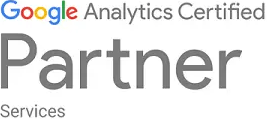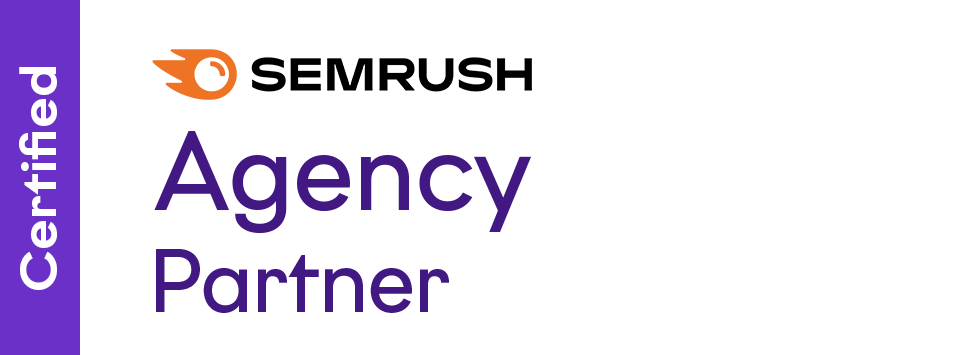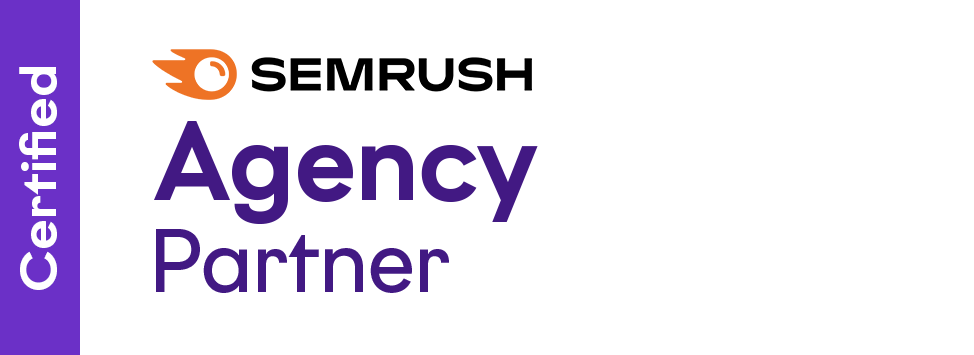Keeping abreast of Google’s algorithm updates is crucial for digital marketers, SEO professionals, and webmasters. There have been a few notable algorithm updates in 2023, the SEO community has witnessed significant shifts in Google’s algorithm, each bringing its unique challenges and opportunities. As we navigate into 2024, understanding and diagnosing these updates is more critical than ever for maintaining and improving website rankings.
Understanding the Nature of Recent Google Algorithm Updates
Modern Google updates tend to be more sophisticated, focusing on a broad range of factors from on-page elements to user engagement metrics. These updates strive to understand user intent more accurately and deliver search results that are not only relevant but also of high quality and credibility.
Detecting a Google Algorithm Update in 2023
To diagnose a Google algorithm update, one must adeptly use a combination of tools and keen observation skills. Don’t rely solely on Google’s Search Status Dashboard to tell you when an algorithm update has hit.
I highly recommend using tools like Accuranker’s Grump Rating and SEMrush Sensor to monitor volatility in Google search results, because significant volatility can occur, even when Google doesn’t announce any official update.
How to know if you’ve been hit by a Google Update
Knowing if your website has been affected by a Google algorithm update involves a combination of monitoring key metrics, staying informed about update announcements, and analyzing your site’s performance. Here are steps to determine if you’ve been impacted:
- Monitor Traffic and Rankings: Regularly check your website’s traffic and keyword rankings using tools like Google Analytics and Google Search Console. A sudden and significant drop in traffic or rankings can be an initial indicator of an algorithm update impact.
- Compare Dates with Algorithm Update Timelines: Cross-reference the dates of your site’s traffic or ranking changes with known dates of Google algorithm updates. Websites like Moz’s Google Algorithm Change History can be useful for this.
- Analyze Search Results: Look at the search results for your key queries. If there’s a noticeable change in the type of content ranking (for example, a shift from commercial pages to informational content), it might be due to an algorithm update.
- Review for Penalties or Warnings in Google Search Console: Sometimes, a drop in rankings or traffic may be due to a manual action or security issue. Check Google Search Console for any notifications.
- Utilize SEO Tools for Algorithm Impact Analysis: Some SEO tools offer features to analyze the impact of algorithm updates on your site’s rankings and suggest areas for improvement.
Remember, not all fluctuations in traffic or rankings are due to algorithm updates. Seasonal trends, changes in user behavior, technical website issues, or increased competition can also affect your site’s performance. Therefore, a comprehensive analysis is crucial to accurately diagnose the cause.
How to approach diagnosing and recovering from a ranking drop
There is a lot of advice on the internet about how to recover from a Google algorithm update. Much of this advice is very generic and unhelpful. Here are some tips on how you should go about analysing and recovering from ranking drops:
Analyse changes in search intent
Occasionally, the search results for a specific query can undergo substantial changes. Often, this indicates an effort to present content that aligns more closely with the user’s intent. Should you encounter a drop in rankings attributable to these changes in search intent, it might be necessary to revise your content. Aligning it more closely with current user expectations and Google’s criteria could effectively enhance your position in search engine results.
Re-assess your competition
SEO is inherently competitive. If your rankings are dropping while your competitors are climbing, it’s crucial to analyze their backlink profiles and strategies. Understanding their tactics can provide valuable insights into what Google currently favours and help you adjust your approach accordingly.
Find out what changed and adapt your strategy
Google typically provides limited details regarding changes in their algorithm, often offering broad, generic guidance to SEOs and content creators. Here’s some tips that can help you stay ahead of the game:
- Follow Google’s Product Blog: You might be surprised by what you find. Some of their content is often a hint at what’s coming next.
- Analyse search results and identity patterns: Look for consistent elements in search results that could indicate the direction of the latest updates.
- Use social media, popular blogs and forums to find hints: Engage with the SEO community on these platforms. Industry experts often share their interpretations and analyses, offering a clearer understanding of the broader implications.
Google’s Advice: Create Helpful Content
When an algorithm update hits, Google often points to their advice on creating helpful, people first content. Although this advice is quite generic, the frequency in which Google mentions these guidelines
For that reason, ensuring that you produce valuable, user-centric content is paramount. Here are some tips on how you can ensure your website meets Google’s guidelines:
Focus on the User Experience: Google’s guidelines emphasize the importance of creating content that provides a satisfying experience for users. This means developing content that is genuinely useful, engaging, and adds value beyond what is readily available on other sites.
Avoid Content for Algorithm’s Sake: The guidelines discourage creating content primarily for the purpose of ranking well in search engines. Instead, content should be crafted with the intent of helping users and addressing their specific needs or questions.
Expertise and Authority: Establishing authority and showcasing expertise in your content area is crucial. This includes thorough research, citing credible sources, and providing comprehensive insights on the topic.
Originality and Uniqueness: Google values original content that offers unique insights or information. Repurposing existing content with little additional value does not align with these guidelines.
Content Depth and Breadth: The guidelines favor content that covers topics comprehensively. This doesn’t necessarily mean longer content, but rather content that fully addresses the user’s query.
Avoid Misleading Headlines or Information: Content should deliver what the headline and introduction promise. Misleading headlines or content that doesn’t match the user’s search intent can negatively impact your site’s ranking.
Regular Content Evaluation and Updating: Regularly review your content to ensure it remains relevant, accurate, and valuable. Updating old content to keep it current can also be beneficial.
User Engagement Metrics: Pay attention to user engagement metrics like bounce rate, average time on page, and CTR. These can be indicators of how well your content resonates with your audience.
Adapting to Algorithm Changes: Best Practices
Adapting to Google’s algorithm changes requires a multifaceted approach:
- Regular Website Audits: Conduct comprehensive audits to ensure alignment with Google’s guidelines, focusing on technical SEO, content quality, and user experience.
- Embracing AI and Machine Learning: Utilize AI-driven tools for predictive analysis and insights into potential algorithmic shifts.
- Quality Content Creation: Prioritize creating high-quality, engaging content that addresses user needs and queries.
- Building a natural backlink profile: Focus on organic link-building strategies rather than manipulative link schemes.
More on this: Google’s Broad Core Algorithm Updates: How to Stay Safe
Looking Ahead: Future Google Algorithm Updates
As we look towards the future, it’s reasonable to anticipate further enhancements in Google’s algorithm, particularly in areas like voice search optimization, AI-driven content analysis, and even more sophisticated user experience metrics. Staying informed and adaptable is key to maintaining a thriving online presence.
Navigating through Google’s algorithm updates is an ongoing journey, demanding constant vigilance, adaptability, and an in-depth grasp of SEO best practices. Staying ahead of the curve with the latest tools and prioritizing exceptional user experiences are essential for SEO professionals looking to overcome these challenges and seize new opportunities.
If you find yourself needing guidance or support in understanding and adapting to these algorithm changes, our SEO agency is here to help. Contact us for expert assistance and elevate your SEO strategy to meet the demands of tomorrow’s digital landscape.



















